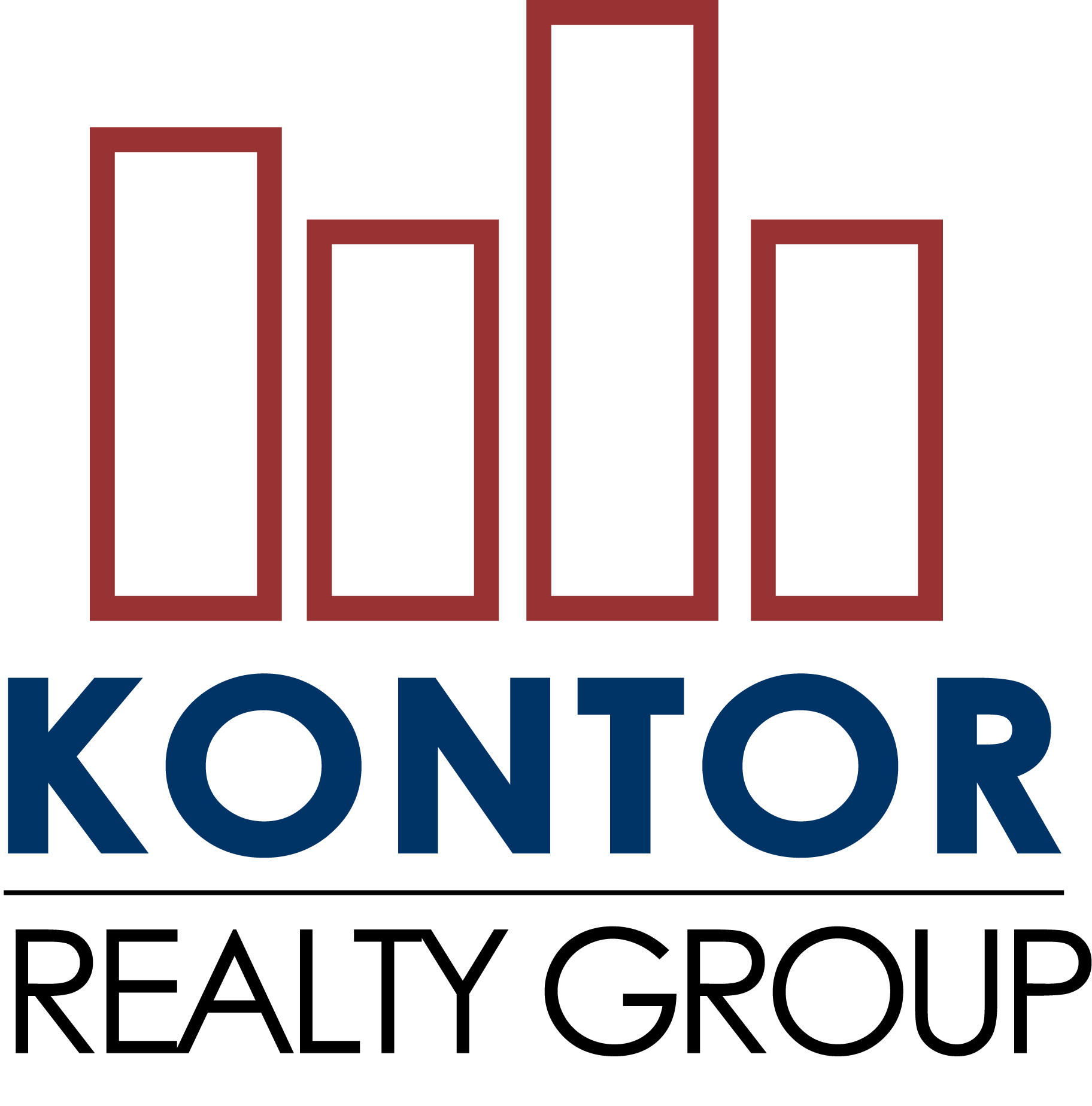When it comes to purchasing a home, knowledge truly is power. A thorough home inspection can be the linchpin in ensuring you’re making a sound investment, rather than setting the stage for future financial and emotional headaches. It’s an essential step that provides a deep dive into the property’s condition, uncovering hidden issues that might not be visible during a casual walkthrough. By introducing the key benefits of conducting a home inspection, this article aims to guide you through understanding its critical role in the homebuying process, ultimately helping you make well-informed decisions. Whether you’re a first-time homebuyer or a seasoned investor, recognizing the value of a detailed home inspection can save you from unexpected costs and ensure your dream home is indeed a safe haven.
The Role of Home Inspections
Home inspections are meticulous evaluations of a property’s physical structure and systems, conducted by a professional inspector. These evaluations cover a wide range of elements, from the foundation and roof to the home’s electrical, plumbing, and HVAC systems. The goal is to identify any existing problems or potential concerns that could necessitate costly repairs or pose safety hazards. Typically, an inspection reveals not just the condition of the home at the time of inspection but also provides insight into the lifespan of major systems and components. This information is invaluable for prospective buyers, equipping them with the knowledge needed to make informed decisions or negotiate repairs with the seller before finalizing the purchase.
Why You Shouldn’t Skip a Home Inspection
Skipping a home inspection might seem like a way to cut costs or speed up the purchasing process, but the risks far outweigh the perceived benefits. Hidden issues such as structural damage, mold, or outdated electrical systems can lead to substantial repair bills down the line. Furthermore, identifying these problems early on can provide leverage in negotiations, potentially saving you thousands of dollars. In essence, the cost of a home inspection is a small investment towards ensuring the safety, functionality, and overall value of your prospective home. It empowers you with a comprehensive understanding of what you’re buying, minimizing surprises that could affect your financial stability and peace of mind in the future.
Understanding the Home Inspection Process
The home inspection process involves several key steps that begin with the selection of a qualified and experienced inspector. Once an inspector is chosen, they will schedule a time to conduct a thorough examination of the property. This inspection typically takes a few hours, during which the inspector assesses the condition of the home’s systems and structure, taking notes and photographs as needed. Homebuyers are encouraged to attend the inspection, as it presents a valuable opportunity to gain firsthand insights and ask questions about the condition of the home. After the inspection, the inspector will compile a detailed report that outlines their findings, highlighting any areas of concern. This report is a crucial tool for buyers, providing them with a clear picture of the home’s condition and guiding their next steps in the purchasing process.
Red Flags During Home Inspections
Common issues that surface during home inspections can range from minor cosmetic defects to severe structural problems. Some of the most frequent findings include faulty wiring, roof damage, plumbing issues, inadequate insulation, and problems with the HVAC system. These issues, while varying in severity, can significantly affect the home’s value and safety. Addressing these concerns often requires negotiating repairs with the seller or, in some cases, renegotiating the sale price to account for the cost of future repairs. It’s crucial for buyers to understand the implications of each identified issue, prioritize them based on urgency and cost, and make informed decisions on how to proceed with the purchase.
The Aftermath of a Home Inspection
Once the home inspection is complete and you’re armed with a comprehensive report of the property’s condition, the next step involves negotiating repairs or price adjustments with the seller. This stage is critical, as it can significantly impact the final terms of your purchase. It’s important to prioritize the issues identified during the inspection, focusing on major concerns that could affect the home’s structural integrity or safety. Armed with this information, you can engage in discussions with the seller, either requesting that they perform necessary repairs before closing or asking for a reduction in the sale price to cover the cost of future repairs. This negotiation process can sometimes be complex, highlighting the value of having a knowledgeable real estate agent to advocate on your behalf. Ultimately, the goal is to ensure that any significant issues are addressed, thereby safeguarding your investment and ensuring your new home meets your expectations of safety and functionality.
Choosing the Right Home Inspector
Choosing the right home inspector is a pivotal step in the home inspection process, as their expertise and diligence can significantly influence your understanding of the property’s condition. When searching for an inspector, prioritize those who possess a combination of extensive experience, a keen eye for detail, and strong communication skills. Certifications from reputable organizations, such as the American Society of Home Inspectors (ASHI), can also serve as an indicator of an inspector’s commitment to maintaining a high standard of practice. Additionally, reading through reviews and testimonials from previous clients can provide insights into the inspector’s thoroughness, reliability, and ability to convey complex information in an understandable manner. By choosing an inspector who embodies these qualities, you can ensure that you’re well-informed about any potential issues with your prospective home.
A home inspection is an essential step in the home-buying process, offering insights into the property’s condition that can prevent unforeseen expenses and ensure your future home is safe and sound. An investment in a comprehensive inspection is an investment in peace of mind, highlighting the importance of selecting a skilled inspector to guide you. Ultimately, the knowledge gained from a thorough inspection empowers you to make informed decisions, ensuring your new home fulfills your expectations of safety, functionality, and value.




